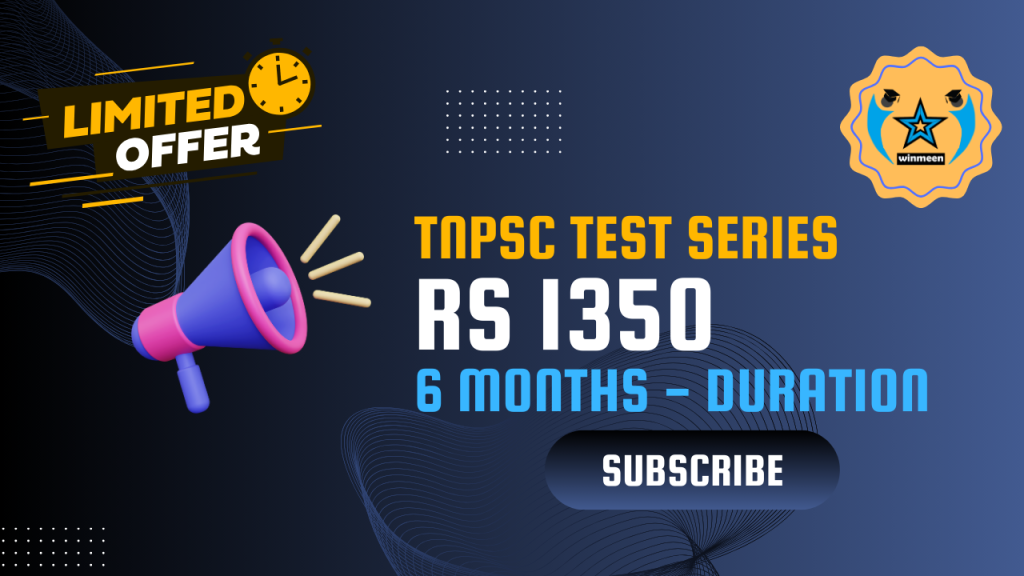A Comprehensive Guide to Samacheer Books
A Comprehensive Guide to Samacheer Books
Samacheer books are a set of textbooks used by students in Tamil Nadu that are designed to provide a comprehensive understanding of various subjects. Here is a comprehensive guide to Samacheer books, including their history, structure, and how to effectively use them.
History of Samacheer Books Samacheer Kalvi, meaning “Uniform Education,” was introduced in Tamil Nadu in 2011 to bring uniformity in education across the state. As part of this initiative, the Tamil Nadu government introduced the Samacheer Kalvi system of education, which included the introduction of Samacheer books. These books are published by the Tamil Nadu Textbook and Educational Services Corporation and are used by students in government and private schools.
Structure of Samacheer Books Samacheer books are divided into different levels, starting from Class 1 to Class 12. Each level has textbooks for different subjects, including Tamil, English, Mathematics, Science, and Social Science. The books are structured according to the Tamil Nadu State Board syllabus and cover a wide range of topics in each subject.
The content in Samacheer books is presented in a structured manner, with each chapter covering a specific topic. The chapters include a summary of the main concepts, along with illustrations, diagrams, and tables to help students understand the content better. At the end of each chapter, there are review questions and exercises to help students test their understanding of the concepts.
Advantages of Using Samacheer Books There are several advantages of using Samacheer books for students in Tamil Nadu:
- Comprehensive coverage of syllabus: Samacheer books cover the entire Tamil Nadu State Board syllabus, providing students with a comprehensive understanding of each subject.
- Easy to understand language: The language used in Samacheer books is simple and easy to understand, making it easier for students to grasp complex concepts.
- Interactive content: The books include illustrations, diagrams, and tables that make the content more interactive and engaging for students.
- Preparation for competitive exams: Samacheer books cover the essential topics and provide a strong foundation for students to prepare for competitive exams such as TNPSC, NEET, and JEE.
- Cost-effective: Samacheer books are relatively low-cost compared to other textbooks and study materials, making them accessible to a wide range of students.
How to Effectively Use Samacheer Books Here are some tips for effectively using Samacheer books:
- Understand the syllabus: Before studying from Samacheer books, it’s essential to understand the syllabus and the topics that are covered in each subject.
- Read and understand the content: Read the content in each chapter thoroughly and try to understand the concepts presented. Pay attention to the examples and illustrations, as they can help you understand the concepts better.
- Complete the review questions and exercises: The review questions and exercises at the end of each chapter are designed to help you test your understanding of the concepts. Make sure to complete them to ensure you have a firm grasp of the topics.
- Practice regularly: Regular practice is essential to retain the information you learn from Samacheer books. Try to practice regularly and solve previous year’s question papers to prepare for exams effectively.
In conclusion, Samacheer books are an excellent resource for students in Tamil Nadu. They provide a comprehensive understanding of various subjects and prepare students for competitive exams. By understanding the syllabus, reading and understanding the content, completing review questions and exercises, and practicing regularly, students can effectively use Samacheer books to enhance their learning and improve their academic performance.
